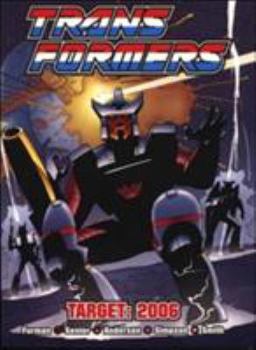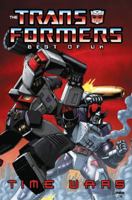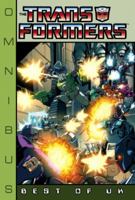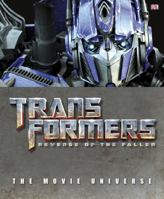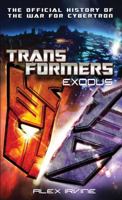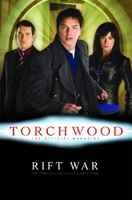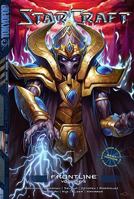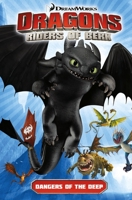Transformers: Target 2006
(Part of the Transformers Best of UK (#1) Series and Marvel UK Transformers from Titan Books (#3) Series)
Select Format
Select Condition 
Book Overview
Ultra Magnus, Autobot leader in 2006, is torn between two missions - to help his fellow autobots in a last-ditch strike, or to help rescue a vanished Optimus Prime - and confront Galvatron, who has returned in time to 1986, with deadly plans for the future. This description may be from another edition of this product.
Format:Paperback
Language:English
ISBN:1840235101
ISBN13:9781840235104
Release Date:March 2003
Publisher:Titan Books (UK)
Length:136 Pages
Weight:1.10 lbs.
Dimensions:0.4" x 8.7" x 11.8"
You Might Also Enjoy
Customer Reviews
5 customer ratings | 5 reviews
There are currently no reviews. Be the first to review this work.










